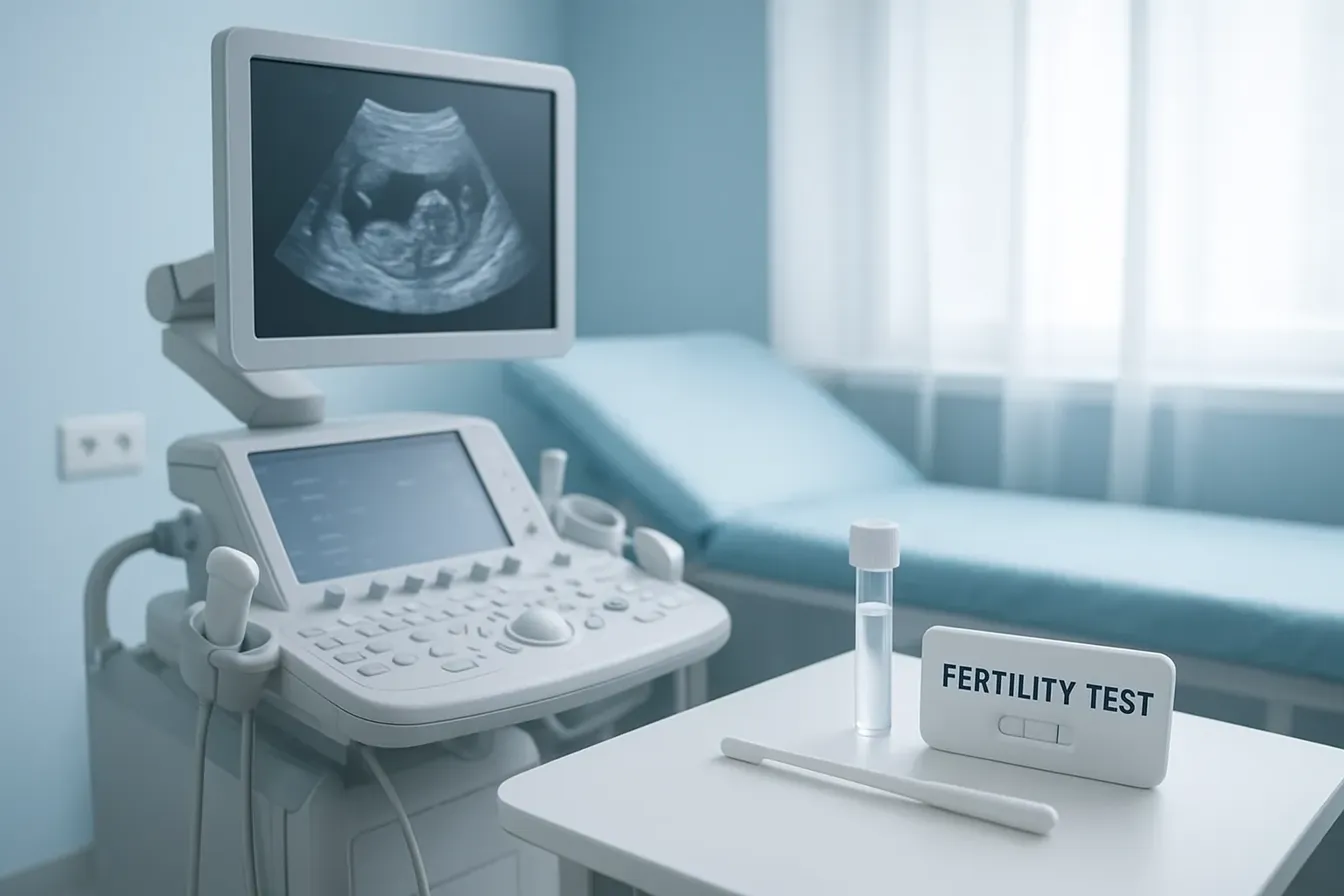Navigating Birth Control Choices: A Comprehensive Guide for Young Women

Fetal nonstress testing is a diagnostic tool you might need during your pregnancy. This noninvasive test doesn’t put any stress on your developing baby but can give you answers about their health.
At Raveco Medical, we offer a range of prenatal care services for pregnant women. Our board-certified obstetricians may recommend fetal nonstress testing if you have symptoms that may indicate your baby is in distress.
What to know about fetal non-stress testing
A fetal nonstress test is a simple, noninvasive test for women who have been pregnant for over 28 weeks.
The test monitors your baby’s heart rate and movements to ensure they are getting enough oxygen. Oxygen loss can result if the placenta or umbilical cord isn’t functioning properly.
Our providers may recommend fetal nonstress testing if you notice reduced movement from your baby. You may also be a candidate for fetal nonstress testing if:
- You’re overdue
- Your pregnancy is high risk
- You have low amniotic fluid levels
- You have a history of pregnancy complications
If you have other signs or symptoms of fetal distress, our providers can discuss your options for fetal nonstress tests and other diagnostic procedures.
What to expect during fetal nonstress testing
At your first fetal nonstress test, our team measures your blood pressure and helps you get comfortable in a chair.
They place a sensor belt over your abdomen to measure your baby’s heart rate. Another belt goes over your belly to measure any contractions you have.
Our team measures your baby’s movement and heart activity for 20-30 minutes. If your baby is sleeping at the time of your test, we can use a small buzzer device to gently wake them for more accurate testing.
Depending on your circumstances, we might recommend fetal nonstress tests once or twice a week. Some women may need them daily to stay on top of their baby’s growth and development.
Interpreting your testing results
While your Raveco Medical doctor will review your results with you directly, it’s helpful to understand the type of results a fetal nonstress test provides. These results include:
Reactive
Reactive test results indicate that your baby’s heartbeat rises at least twice for 10 seconds or longer in women earlier than 32 weeks gestation or for at least 15 seconds in women at 32 weeks gestation or later.
Reactive results are typically considered reassuring, but your doctor discusses exactly what they mean for you during your appointment.
Nonreactive
Nonreactive test results can mean that your baby’s heart rate isn’t rising as it should. This can indicate your baby wasn’t moving during the test because they were asleep or due to potential health issues.
Following nonreactive test results, you might need additional fetal tests like an ultrasound to evaluate your baby more closely.
Regardless of the results, our providers continue to provide high-quality prenatal care to support your health and your baby’s development. If you develop issues that make your pregnancy high risk, we customize a care plan to your needs to ensure a safe, healthy delivery.
Call the Raveco Medical office near you to learn more about the benefits of fetal nonstress testing, or book an appointment online today.





.png)